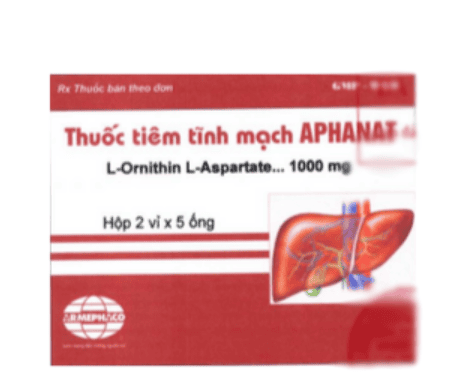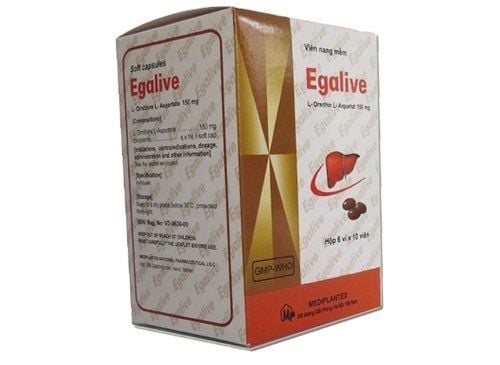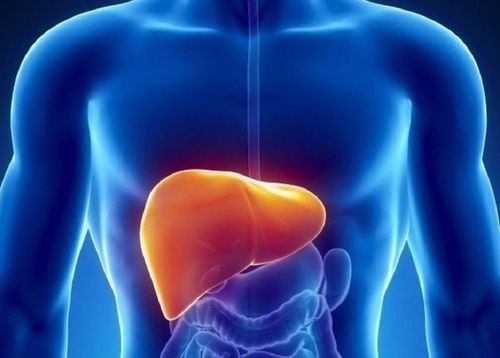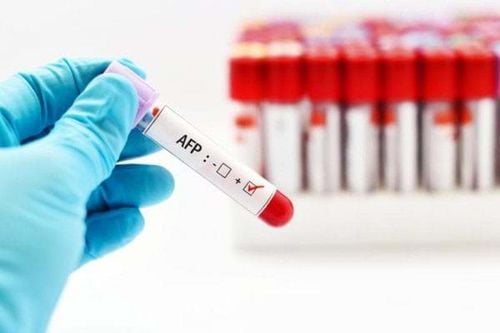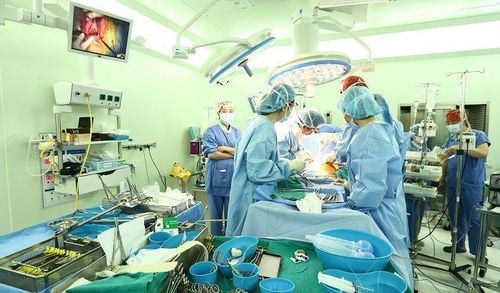This is an automatically translated article.
The article is professionally consulted by Master, Doctor Do Thi Hoang Ha - Doctor of Biochemistry, Laboratory Department, Vinmec Hai Phong International General Hospital.Screening for liver cancer to detect early signs of the disease is highly recommended, especially for people at high risk of developing liver cancer. One of the important tests contributing to screening and early diagnosis of liver cancer is the AFP (Alpha-Fetoprotein) test. This test will help patients be diagnosed and treated early as well as monitor the progression of the tumor, thereby improving the patient's survival rate.
1. What is an AFP test?
Among the liver cancer markers and tests in liver pathology today, the AFP blood test has been applied in the screening of hepatocellular carcinoma (HCC) - The most common type of primary liver cancer in adults and the most common cause of death in people with cirrhosis. The AFP quantitative test measures the level of the AFP protein in the blood to provide doctors with important information in screening for liver cancer.Normally, AFP blood levels rise until the baby is born and decrease rapidly thereafter. In healthy children and healthy adults who are not pregnant, AFP levels in the blood are usually very low, not exceeding 10 nanograms per milliliter of blood (ng/ml). An abnormal increase in AFP levels when you are not pregnant indicates a sign that something is wrong with your body.
However, if AFP levels are higher than normal, it does not mean that you have health problems, because there are also cases where some people have higher levels than others, when That needs to do other more specialized tests to screen and diagnose.
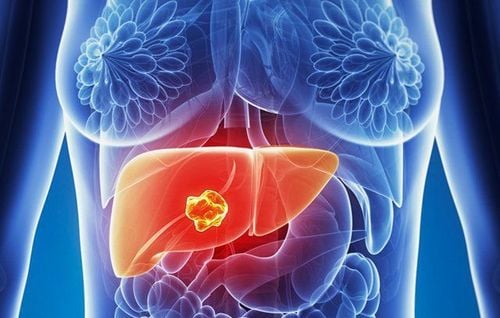
2. Can liver cancer be detected by quantitative AFP test?
AFP is a glycoprotein with a single chain in the molecule, molecular weight 70kDa and Carbohydrate accounting for 5%. AFP is synthesized mainly in the liver during the embryonic and yolk sac stages, then into the amniotic fluid, crosses the placenta, and enters the maternal blood. In the first year of life, at birth, infants have relatively high blood levels of AFP, which can drop to low levels normally seen in adults. In healthy adults, serum AFP levels are 0-7 ng/mL. A serum AFP level of 20ng/mL is the most commonly used cut-off value for screening patients with and without HCC. The AFP test has a sensitivity of 41 - 65% and a specificity of 80 - 90% for detecting HCC with a cutoff value of 20ng/mL.
Serum AFP is significantly proportional to the size of the HCC tumor and can be used as a valuable marker to detect HCC and assess the staging of the disease. According to the recommendations of the Asian Pacific Association for the Study of the Liver (APASL) and the National Comprehensive Cancer Network (NCCN), when patients are at risk Patients with HCC should have an AFP test combined with periodic ultrasound after 6 months.
However, in fact, in some patients without liver cancer, there are times when the AFP test has elevated AFP levels, for example, patients with chronic liver disease, hepatitis, cirrhosis, teratomas. testicles, pregnant women. Besides, there are also some patients with liver cancer but when the AFP test does not increase.
Therefore, scientists have been continuing to research on indicators to help diagnose liver cancer more effectively and as a result, Japanese authors have discovered two important indicators to help detect liver cancer. Other early liver diseases are AFP L3 and DCP (Des-gamma-carboxy prothrombin), DCP also known as PIVKA II (protein induced by vitamin K absence or antagonists II).
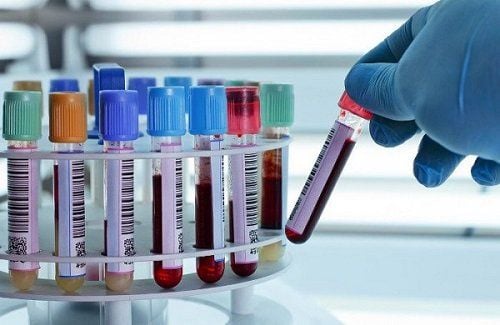
3. Comprehensive package of hepatobiliary screening at Vinmec
Comprehensive hepatobiliary screening package helps customers:
Assess the liver's ability to work through liver enzyme tests Assess bile function; Intravascular nutrition Early screening for liver cancer Perform tests such as Total blood cell analysis, blood clotting ability, screening for hepatitis B, C Assess hepatobiliary status through ultrasound images and other diseases risk of effects causing liver disease / worsening liver disease In-depth analysis of parameters to evaluate hepatobiliary function through laboratory and laboratory tests; the risk of affecting the liver and early screening for hepatobiliary cancer.
Comprehensive hepatobiliary screening package for:Male and female clients of all ages who may have risk factors such as:
People who often stay up late People who drink alcohol regularly. Regularly exposed to chemicals, garbage, dust and industrial pollution. People who are using many drugs regularly and long-term. Improper diet, food containing preservatives Those who are at risk of contracting hepatitis B, C: unsafe sex, sharing needles, razors, piercing ears, ... People who have ever given or received unsafe blood, donated blood, or received unsafe blood Customers may have the following symptoms:
Loss of appetite Frequent fatigue Abdominal bloating, nausea Mild pain in the right lower quadrant Jaundice, yellow Eyes Digestive disorders: indigestion, bloating, flatulence. Nosebleeds, bleeding gums of unknown cause. Sexual decline. When signing up for the Comprehensive Hepatobiliary Screening Package, customers will receive:
Specialized Examination of Hepatobiliary Medicine Abdominal Ultrasound (general) Tests: Complete Peripheral Blood Cell Analysis (by laser counter) Quantitative Total Bilirubin Measure AST Activity (GOT) Measure ALT Activity (GPT) HBsAb Quantify HBsAg Autoimmune HCV Ab Automated Immunity Measure GGT Activity (Gama Glutamyl Transferase) Glucose Quantitative Creatinine Quantitative Direct Bilirubin Quantitative Albumin Quantitative Total Protein Quantitative AFP (Alpha Fetoproteine) Prothrombin Time (PT: Prothrombin Time) by Automated Measurement of Cholesterol Quantification of Triglycerides Quantification of HDL-C (High Density Lipoprotein Cholesterol) Quantitative LDL - C (Low density lipoprotein Cholesterol) Electrolyte (Na, K, Cl) Quantitative HbA1c Measurement of ALP (Alkalin Phosphatase) activity Activated Partial Thromboplastin Time (APTT: Activated Partial Thromboplastin Time), Total water analysis Urine (By Automated) Urea Quantification LDH Quantitative CEA (Carcino Embryonic Antigen) Quantitative CA 19-9 (Carbohydrate Antigen 19-9) Routine upper abdominal computed tomography (multi-stage liver) Straight chest x-ray.
Please dial HOTLINE for more information or register for an appointment HERE. Download MyVinmec app to make appointments faster and to manage your bookings easily.





